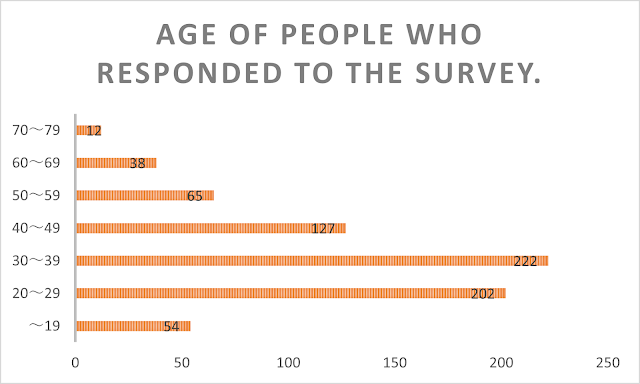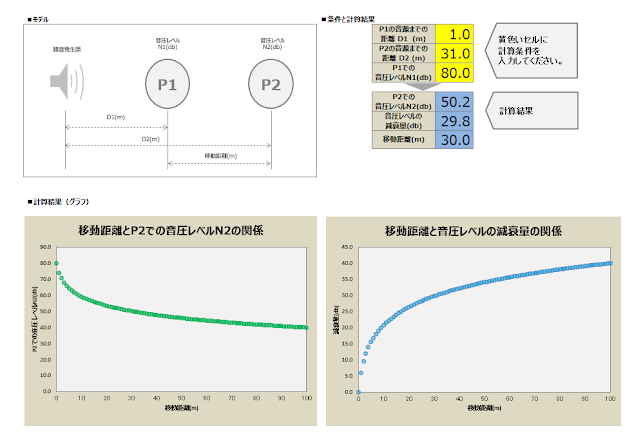Q. What should one do if a neighbor with noisy children moves in?
Q1. What should one do if a neighbor with noisy children moves in?
A1. Dealing with noisy neighbors, including those with noisy children, can be challenging. Here are a few steps you can take to address the situation:
- Communication: Start by having a polite conversation with your neighbor. Explain the issue calmly and respectfully, expressing your concerns about the noise. They may not be aware of the disturbance they are causing. Maintaining a friendly and understanding tone can help foster a positive dialogue.
- Suggest solutions: Offer suggestions to mitigate the noise, such as establishing quiet hours, using rugs or carpets to reduce impact noise, or encouraging the children to engage in quieter activities. Collaborating on potential solutions can lead to a mutually acceptable arrangement.
- Mediation: If direct communication doesn't resolve the issue, consider involving a neutral third party, such as a community mediator or a homeowners association (if applicable). They can help facilitate a conversation between you and your neighbor, assisting in finding a compromise.
- Familiarize yourself with local regulations: Research your local noise regulations or bylaws to understand the legal framework. While noise caused by children is generally more tolerated during daytime hours, there might be specific guidelines or restrictions in your area that you can share with your neighbor if necessary.
- Soundproofing: If the noise continues to be a significant issue, you can explore soundproofing options for your own living space. Adding sound-absorbing materials, sealing gaps, or using white noise machines might help reduce the impact of noise from your neighbor's property.
- Seek assistance from the authorities: If all else fails and the noise problem persists, you may need to contact your local authorities or law enforcement non-emergency line. They can guide you on the steps to take and any applicable noise complaint procedures.
Remember, it's important to approach the situation with empathy and understanding, as maintaining a good relationship with your neighbors is generally desirable.
Q2. If a resident complains about loud children, how can one determine whether a child is making excessive noise?
A2. Determining whether a child is making excessive noise can be subjective, as it depends on various factors, including cultural norms, local regulations, and individual sensitivities. Here are a few considerations to help assess the situation:
- Time of day: Consider the time of day the noise occurs. Children playing and making noise during reasonable daytime hours might be more acceptable than late at night when others are trying to sleep.
- Duration and intensity: Evaluate the duration and intensity of the noise. Occasional bursts of noise are generally more tolerable than continuous loud disturbances that persist for extended periods.
- Impact on daily activities: Assess whether the noise significantly affects your ability to carry out essential activities, work, or enjoy a reasonable quality of life within your home. Excessive noise that consistently disrupts daily routines may be worth addressing.
- Local regulations: Familiarize yourself with any local noise regulations or bylaws that govern your area. Different communities may have specific guidelines regarding acceptable noise levels and designated quiet hours.
- Neighbors' feedback: Consider whether other neighbors are also affected by the noise. If multiple residents are expressing concerns, it could indicate a more significant disturbance.
It's crucial to approach the situation with fairness and understanding, recognizing that children naturally make noise as part of their development and play. Engaging in open communication with the parents or guardians can help find a mutually agreeable solution.
Q3. Are there any organizations that work on noise problems caused by children?
A3. While there might not be specific organizations solely focused on noise problems caused by children, several organizations and resources address noise pollution and provide guidance on dealing with noisy environments. Here are a few options:
- Noise Pollution Clearinghouse (NPC): NPC is a nonprofit organization that aims to combat noise pollution and offers information, resources, and strategies for addressing noise-related issues.
- Local authorities: Your local government, such as the environmental health department or municipal offices, may provide guidance on noise-related matters and have resources available to address noise complaints.
- Homeowners associations (HOAs): If you live in a neighborhood governed by an HOA, they might have guidelines or procedures in place to handle noise complaints. Contact your HOA to inquire about their policies and seek their assistance.
- Mediation and conflict resolution services: Consider reaching out to local mediation centers or conflict resolution services. They can help facilitate communication between neighbors and assist in finding solutions that satisfy both parties.
- Community resources: Check if your community has community centers, neighborhood associations, or social service organizations that can provide guidance or support in addressing noise-related concerns.
Remember to explore these resources with the goal of finding a reasonable resolution rather than targeting children specifically. The focus should be on fostering a harmonious living environment for everyone involved.
Published by Rina
Sources
First Question
騒音調査・測定・解析のソーチョー. (2023, March 11). 騒音相談先まとめ_騒音問題が発生したらどこに相談すれば良いか | 騒音調査・測定・解析のソーチョー. 騒音調査・測定・解析のソーチョー | 騒音を解決するためには、騒音の調査、すなわち発生している騒音の測定・計測が必要不可欠です。騒音調査なら当社にお任せください。, Accessed July 13 2023 (https://www.skklab.com/%E9%A8%92%E9%9F%B3%E7%9B%B8%E8%AB%87%E5%85%88%E3%81%BE%E3%81%A8%E3%82%81_%E9%A8%92%E9%9F%B3%E5%95%8F%E9%A1%8C%E3%81%8C%E7%99%BA%E7%94%9F%E3%81%97%E3%81%9F%E3%82%89%E3%81%A9%E3%81%93%E3%81%AB%E7%9B%B8)
Be_Dev. (2022, November 9). 子供がうるさい時の対処法6選紹介|怒鳴るのはNG?注意の仕方を解説 - chokomana. Chokomana. (https://b-engineer.co.jp/chokomana/child-raising/childcare/1101620/), Accessed July 13 2023
Second Question
正志小. (2016). マンション上階からの子供の足音を測定したい | 騒音調査・測定・解析のソーチョー. 騒音調査・測定・解析のソーチョー | 騒音を解決するためには、騒音の調査、すなわち発生している騒音の測定・計測が必要不可欠です。騒音調査なら当社にお任せください。. (https://www.skklab.com/archives/5671), Accessed July 13 2023
土地の買取王アイエー, 土地の売却(売る)査定なら株式会社アイエー!埼玉県川越市を中心に市街化調整区域などの土地を高価買取中!. (2022, January 26). 【判例解説】子供が引き起こすマンションの騒音トラブルを不動産屋が解説! 土地買取王の株式会社アイエー. (https://www.aia-kaitori.com/news/hannrei-mannsyonn-souonn-kaisetu/), Accessed 2023/07/10
Third Question
Noise Pollution Clearinghouse. (n.d.). (https://www.nonoise.org/), Accessed 2023/07/10
HOAとは?不動産の資産価値を守る仕組み. (2019, March 22). 不動産投資を成功へ導く最短ルートを徹底サポート|アルマジラフ. (https://armagiraffe.co.jp/homeowners-association/), Accessed 2023/07/10


Comments
Post a Comment